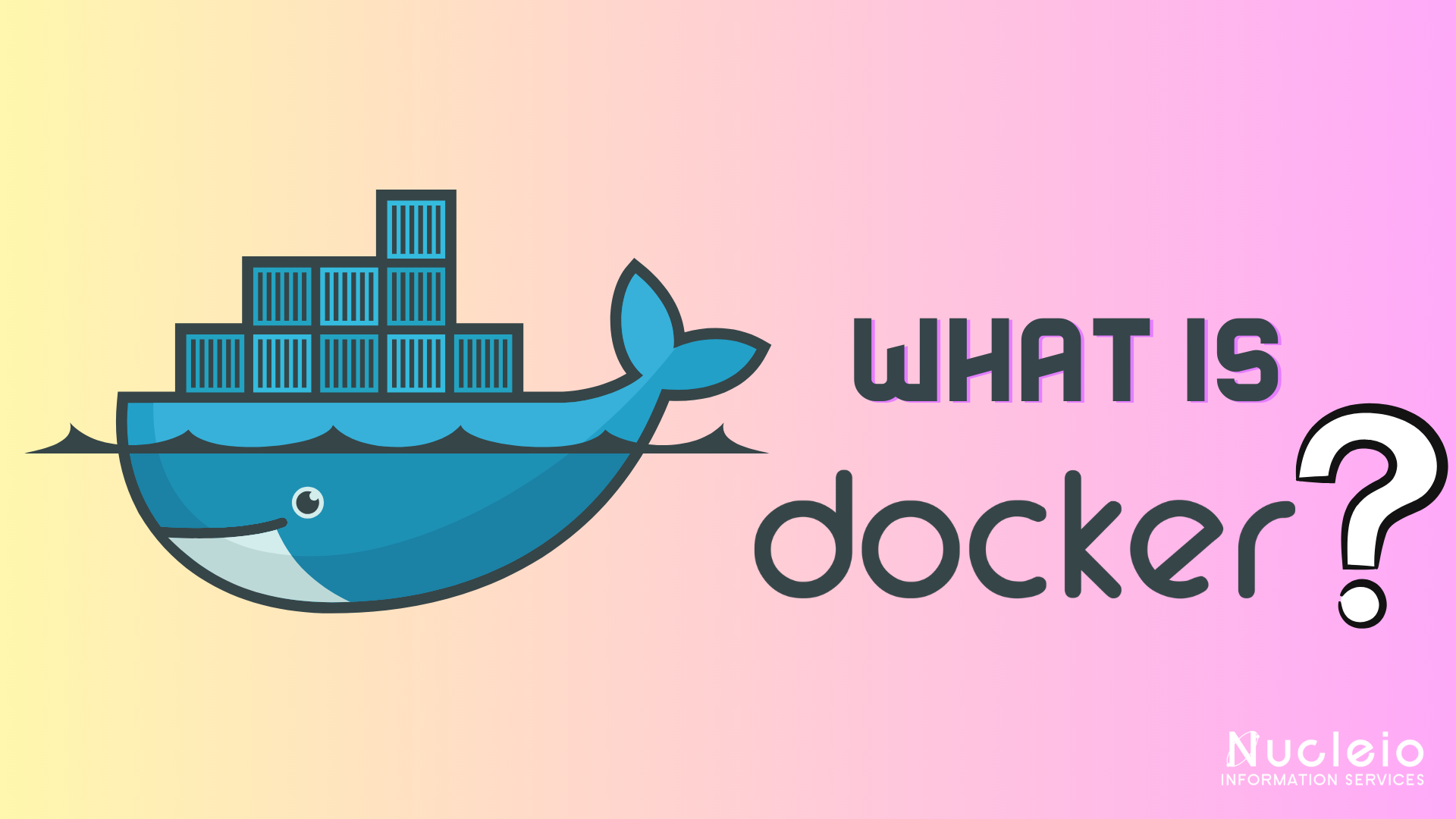Docker is an open-source platform that automates the deployment of applications inside lightweight, portable containers. These containers include everything needed to run an application, such as code, runtime, libraries, and system dependencies, ensuring consistent performance across different computing environments.
Key Benefits of Docker
1. Portability
One of Docker’s standout features is its ability to run containers on any system that supports Docker, whether it’s a developer’s laptop, a testing server, or a production environment in the cloud. This ensures that applications behave the same way regardless of where they are deployed, eliminating the classic “it works on my machine” problem.
2. Efficiency and Resource Utilization
Docker containers are lightweight and share the host system’s kernel, making them more efficient than traditional virtual machines (VMs). This means you can run more containers on the same hardware, leading to better resource utilization and reduced costs.
3. Isolation and Security
Each Docker container runs in its own isolated environment, which enhances security by limiting the scope of potential vulnerabilities. If a security breach occurs within a container, it doesn’t affect the host system or other containers.
4. Scalability and Flexibility
Docker makes it easy to scale applications horizontally by adding more container instances. It also integrates seamlessly with orchestration tools like Kubernetes, allowing for automated scaling, load balancing, and management of containerized applications.
5. Rapid Deployment and Continuous Integration/Continuous Deployment (CI/CD)
Docker accelerates the development and deployment process by allowing developers to quickly create, test, and deploy containerized applications. This supports CI/CD practices, enabling teams to deliver updates and new features faster and more reliably.
Practical Applications of Docker
1. Microservices Architecture
Docker is particularly well-suited for microservices architecture, where applications are divided into small, loosely coupled services. Each microservice can run in its own container, making it easier to develop, test, and deploy independently.
2. DevOps and CI/CD Pipelines
In DevOps, Docker is used to create consistent development, testing, and production environments. By integrating Docker with CI/CD pipelines, teams can automate the building, testing, and deployment of applications, leading to faster and more reliable releases.
3. Legacy Application Modernization
Docker can containerize legacy applications, enabling them to run on modern infrastructure without extensive re-engineering. This extends the life of legacy systems and reduces the cost and risk associated with migrating to new platforms.
4. Hybrid and Multi-Cloud Deployments
Docker’s portability makes it ideal for hybrid and multi-cloud strategies. Organizations can deploy and manage applications across different cloud providers and on-premises environments, ensuring flexibility and avoiding vendor lock-in.
Conclusion
Docker has fundamentally transformed the way we develop, deploy, and manage applications. Its ability to provide consistent environments, coupled with enhanced efficiency and scalability, makes it a vital tool in modern software development and operations. Whether you’re a developer, system administrator, or IT manager, understanding and leveraging Docker can significantly improve your workflows and productivity.

